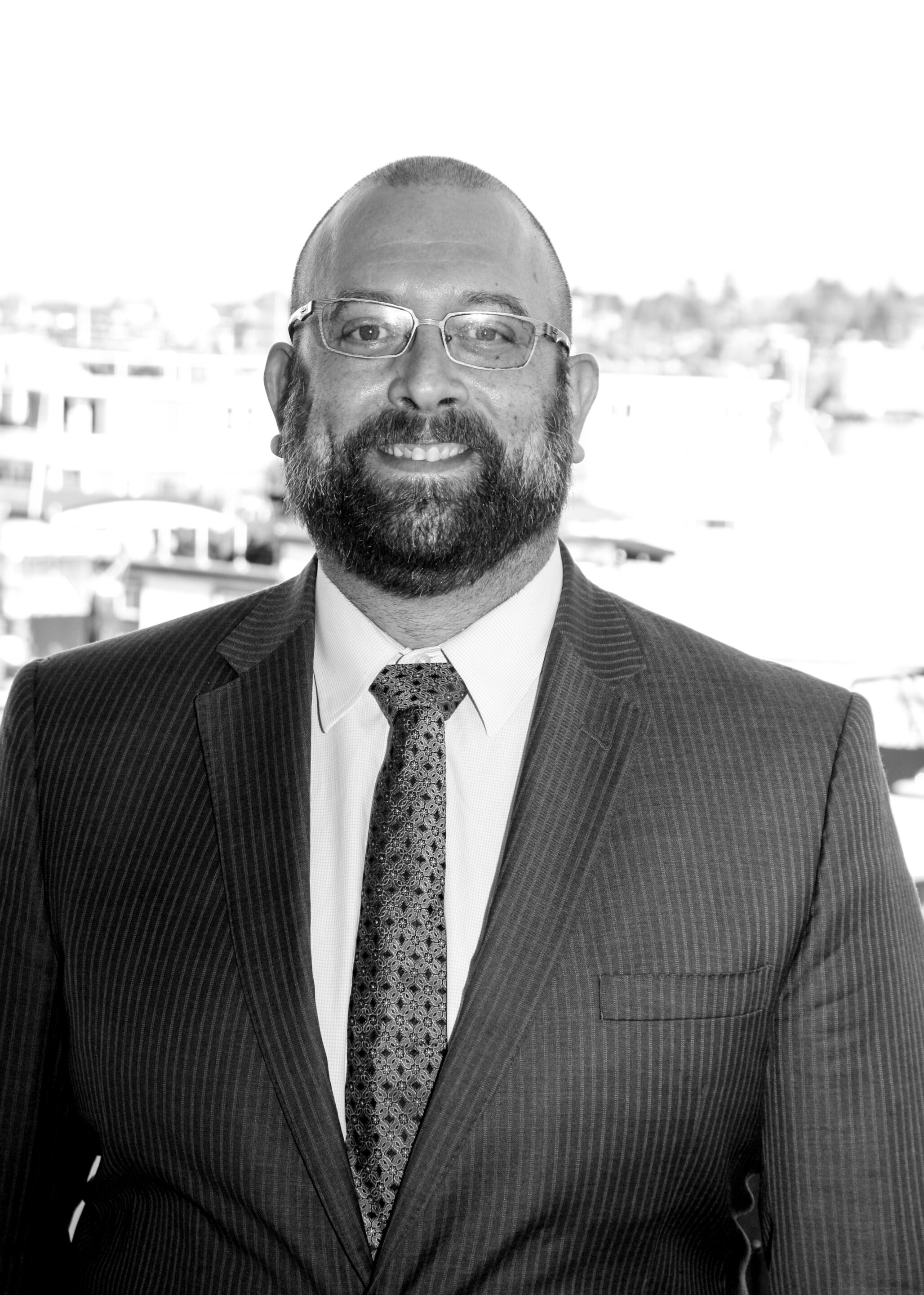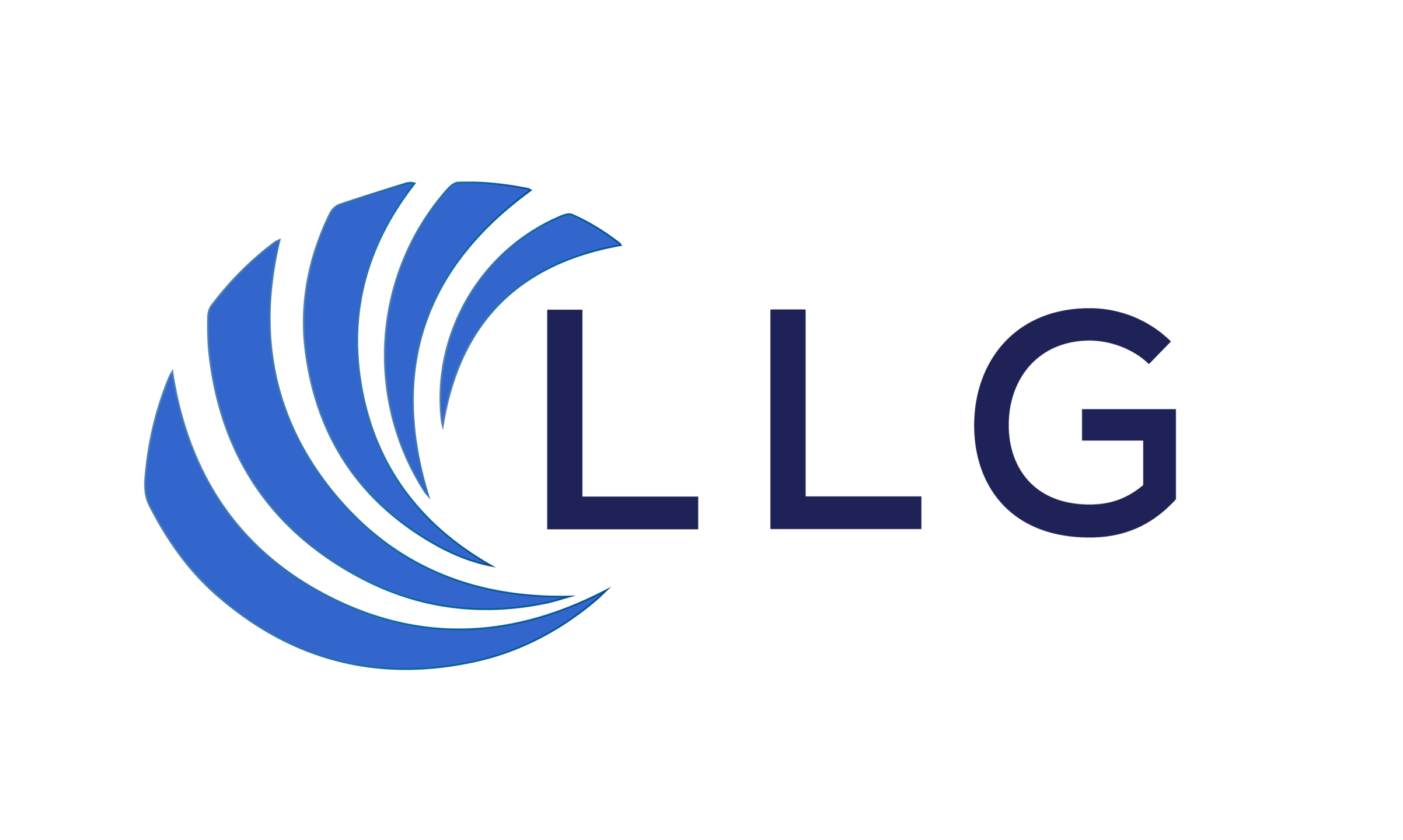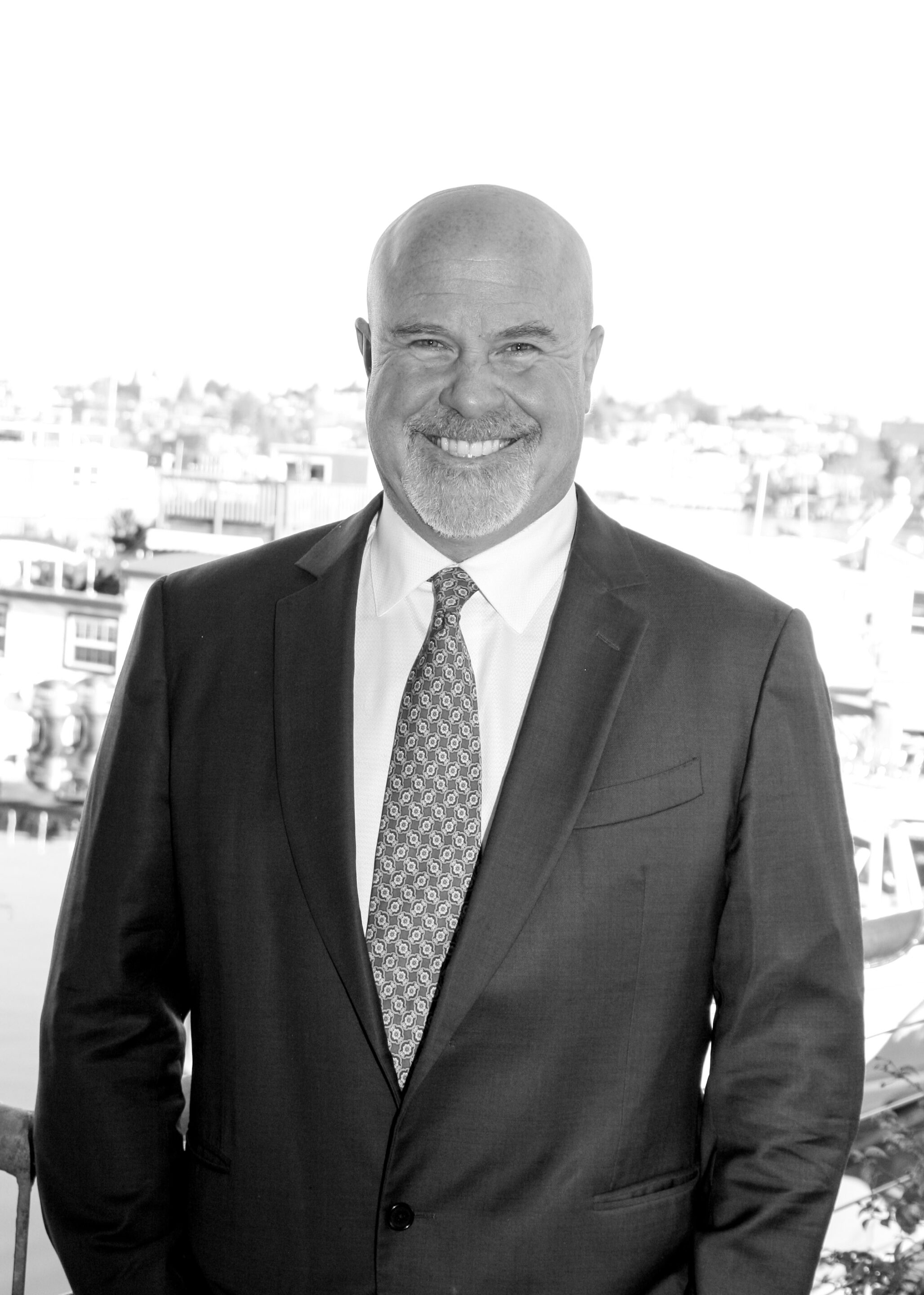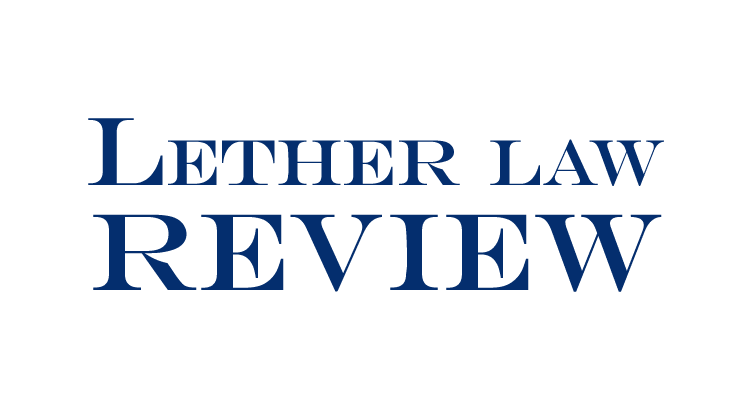THE NINTH CIRCUIT COURT OF APPEALS AFFIRMS DISMISSAL OF COVID-19 BUSINESS INTERRUPTION CLAIMS
On October 17, 2022. The United States Court of Appeals for the Ninth Circuit issued additional Opinions regarding COVID-19 Business Interruption claims.
In McCulloch, et al v. Valley Forge Ins. Co., et al¸ No. 21-35520, 2022 U.S. App. LEXIS 2860, 2022 WL 9830777 (9th Cir. Oct. 17, 2022), the Court affirmed a summary judgment ruling from the Western District of Washington dismissing claims by several dentists/dental clinics. The Plaintiffs argued that their claims were improperly dismissed because they asserted the claims resulted from “direct physical loss of or physical damage to” their insured premises. The Ninth Circuit disagreed.
While the appeal was pending, the Washington State Supreme Court issued its ruling in Hill & Stout, PLLC v. Mutual of Enumclaw Ins. Co., 515 P.3d 525 (2022), in which the Supreme Court held that “loss of intended use of property” and “loss of business income” from COVID-19 orders did not qualify for insurance coverage as “direct physical loss of or damage to property.” As a result, the Ninth Circuit dismissed the breach of contract/direct physical loss claim. The Court also dismissed Plaintiff’s claims that they were entitled to coverage under the policies’ civil authority coverage because there was no evidence that the Washington State Governor’s orders were in response to any actual physical property damages. Therefore, the Ninth Circuit concluded that the Hill & Stout Opinion also precludes coverage.
In addition, the Ninth Circuit dismissed the appeal for extra-contractual claims. With respect to the extra-contractual claims, certain Plaintiffs argued that the insurer unreasonably denied their claim and failed to conduct a reasonable investigation of the claims. The Ninth Circuit rejected both arguments. Specifically, the Court noted that the unreasonable denial claim first required a showing of an incorrect denial of the claim. Because the claim was properly denied, the extra-contractual claim failed. The Court rejected the unreasonable investigation argument because “the insurer’s denial of coverage was based on a legal interpretation of the policy. [As a result,] [t]here was no need for factual investigation…”
In Hot Yoga, Inc. v. Philadelphia Indem. Ins. Co.¸No. 21-35806, 2022 U.S. App. LEXIS 28674, 2022 WL 9732180 (9th Cir. 2022), the Ninth Circuit similarly affirmed dismissal of contractual claims based on the Washington State Supreme Court’s Opinion in Hill & Stout. In addition, the Court held that the policy’s virus exclusion, precluding coverage when a virus initiates the causal chain that led to the cause of any claimed loss, barred coverage.
The Ninth Circuit also rejected the insured’s arguments regarding its extra-contractual claims. The insured argued that the district court erred in dismissing extra-contractual claims premised on the insurer allegedly “misrepresenting the pertinent policy language and preemptively denying the claim without any investigation.” The Ninth Circuit held that the claims necessarily failed because the policy did not provide coverage.
As we previously opined, it is clear that the Washington State Supreme Court’s decision and reasoning in Hill & Stout is having a substantial impact on pending COVID-19 BI claims in Washington. We anticipate that there will be several other similar rulings in the near future.
If you have any questions about the above Ninth Circuit cases and how the Hill and Stout case will continue to impact COVID-19 BI claims and cases, please give us a call.

Kevin J. Kay
Shareholder
Kevin is a graduate of Pacific Lutheran University and Seattle University School of Law. He is licensed to practice in the state and federal courts of Washington and admitted to practice before the Ninth Circuit Court of Appeals. In addition, Kevin has appeared pro hac vice in courts in Louisiana and California. Kevin has represented insurers and insureds in coverage for 16 years. These claims involve personal and commercial auto policies, commercial general liability, professional liability, and E&O insurance. Kevin has also advised and represented risk pools, insurers, and insured in matters ranging from automobile/bus accidents to catastrophic landslides. His practice also includes construction defect disputes, personal injury claims, commercial leases, and significant property damage disputes.



